Director Jon M. Chu adapted to the big screen Kevin Kwan’s international best-seller. The story follows NYU economics professor Rachel Chu (Constance Wu), who follows her boyfriend of two years, Nick Young (Henry Golding), to a wedding in his native Singapore to be his date. There, Rachel suddenly comes to terms with the fact that Nick’s family is wealthy, and that his family, especially his mother Eleanor (Michelle Yeoh), won’t be easy to convince that she’s a suitable match for Nick.
Crazy Rich Asians also stars Awkwafina, Gemma Chan, Ken Jeong, Jimmy O. Yang and Chris Pang.
Warner is releasing the romantic comedy Wednesday, August 15, and it’s expected to earn about $26 million on opening weekend (actually five days).
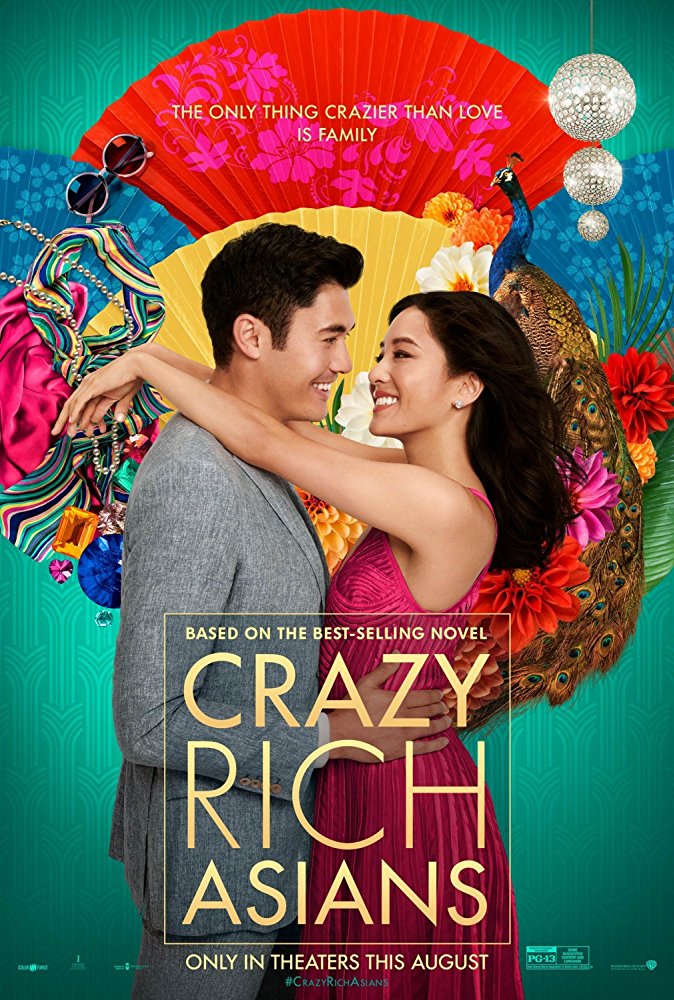
Making the film
John Chu: I wanted to make it really personal, even before I knew what movie it would become I was looking for a movie that spoke to my dual cultural identity. I grew up in a Chinese restaurant. My mom and dad came over from China when they were 19 or 20 years old. I’m an all-American kid; I played sports and did all these instruments. I always sort of felt like I had to choose between one or the other. And I remember going to Asia for the first time. I think everyone can relate, especially as you get older, going back to someplace that your family is from or where you have roots, this idea of oh it feels different here, then you realize oh you don’t belong there either. And so, this story just happened to have a journey in this crazy world of Rachel Chu.
Character of Rachel Chu
JC: The book spreads out the story amongst many different characters, but what I really attached myself to was Rachel Chu, this Asian American’s journey into Asia for the first time. We really based all the stuff that we put into the screenplay about that journey in particular. And that was really what got me hooked personally, so I added a lot of personal stuff, the dumpling scene, the mahjong scene, all that stuff isn’t in the book but comes from discussions and debates that I’ve had with my own family. And what I realized, other people had had those exact same debates and we weren’t alone in our struggle that we felt so trapped in.
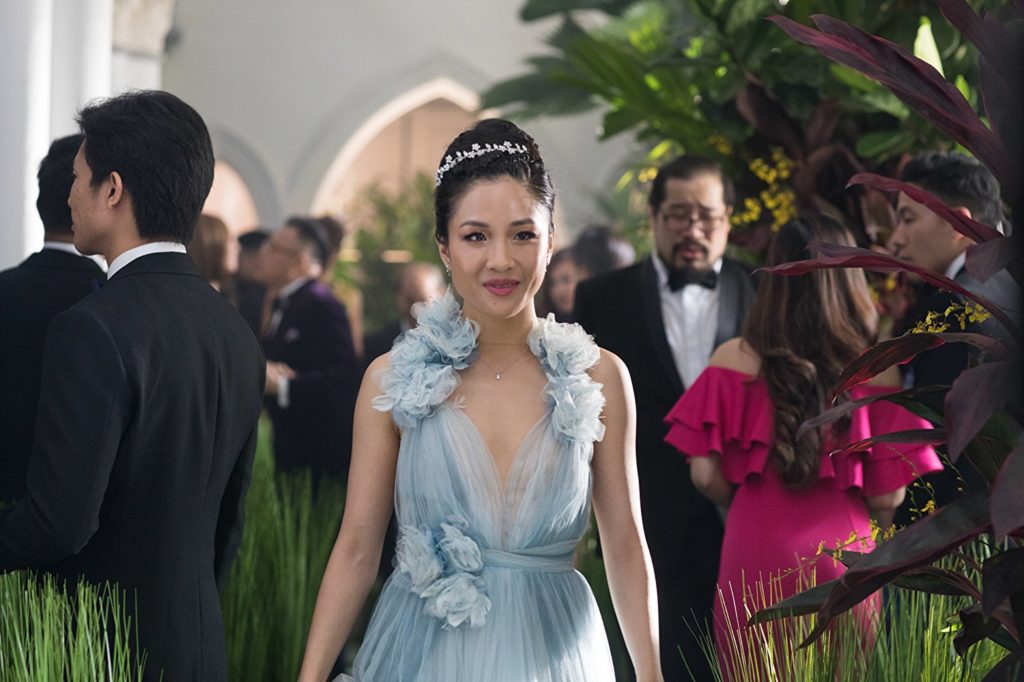
Lisa Liu, Vet Actress and HFPA Member
JC: She is a warrior. I loved her in “Joy Luck Club” years ago. Our whole family went…the early Sunday morning to watch that movie together in a minivan and then went to dim sum and talked about it for hours. And Lisa was somebody we always talked about and loved. We actually won an auction years later where she came to our restaurant and our whole family got to meet her. Odd coincidence but at the same time she always stuck in my mind and so when this part came out, we needed someone both warm and fierce, I think she’s 92, she does a six or seven-hour theater show in Shanghai every year. She is an incredible woman and so to have her a part of this was an honor and to put her with Michelle Yeoh, with Constance, with that triad of women going head to head was just too irresistible not to have.
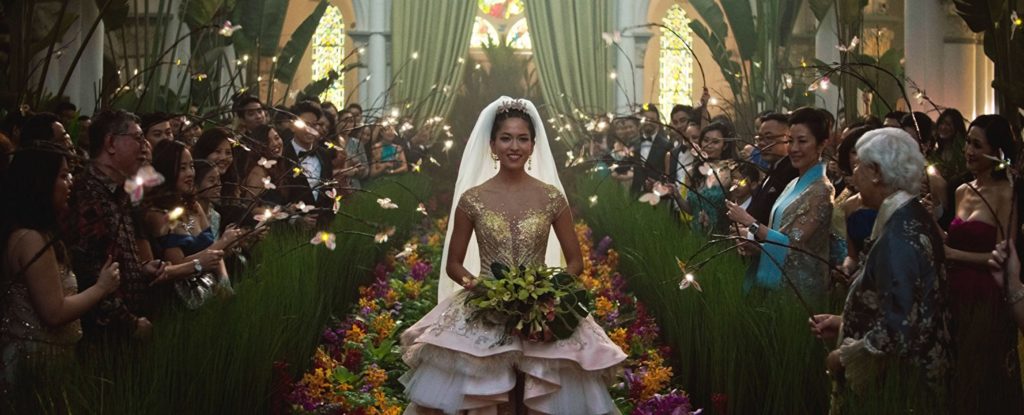
Asian Culture and Perspective
JC: I come from a very specific perspective. Because I was so engulfed in American culture, even though I grew up in a Chinese restaurant, I wasn’t visiting Taiwan or China every year. My instincts are very Americanized and my parents both harass me for it and support me for it. I rely on those instincts to communicate what I see in my family. Obviously, I love my family, obviously I see how they talk or the traditions we have in our family and when I tried to explain it to my friends that is something I’ve done my whole life so putting that in a movie saying, hey share this experience that I have lived with me is what I relied on. I remember growing up, it’s difficult to explore your own cultural identity because you’re scared and you’re not sure that people…people might think it’s weird. I remember in grade school my parents came for Chinese New Year’s and they presented to the whole class what Chinese New Year’s was and I was so scared, I was in the back, did not want this to happen. And they brought lion dancers, they brought chocolates in gold wrapping, they brought red envelopes with a little money in it and then all of a sudden, I was the most popular kid in school. And it was just about understanding what this was and not this weird thing. I tried to take that approach into this movie that it’s actually a great adventure to come with me to Singapore into this sort of, they call it Singapore/Asia 101. You get to go in there…and again, Singapore isn’t China so it’s also very different, there’s so many different ethnicities there. Through Rachel I hope to take the audience with me on a trip, that you get to explore, that it’s not some alien land. It’s so warm, the food and the families eating food and the dates, and all the stuff is what you experience first when you get there and that’s how I see it too.
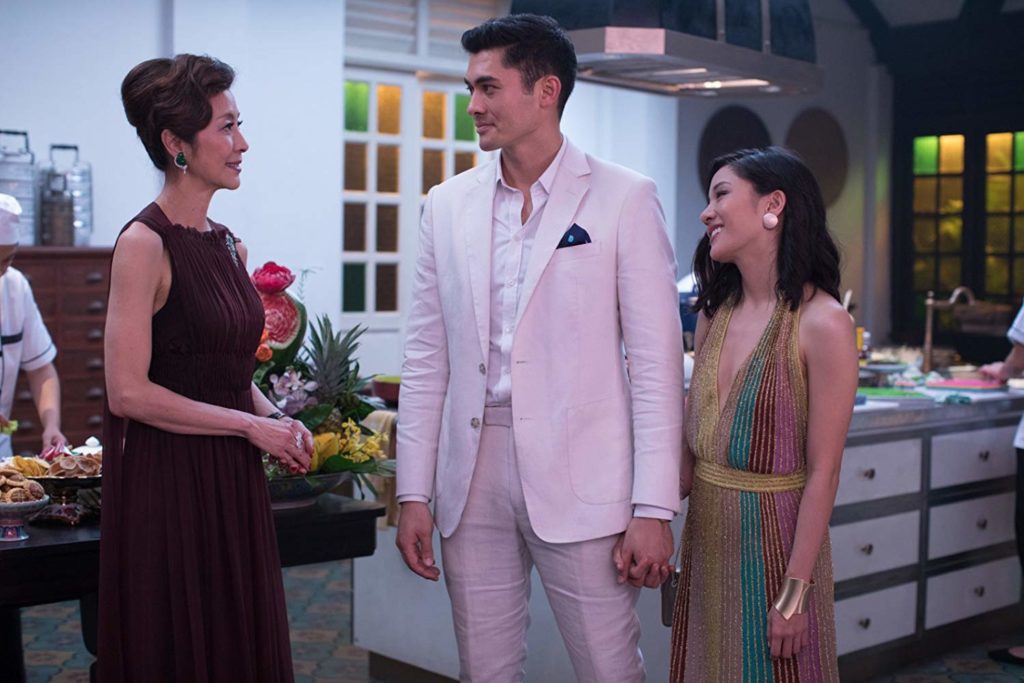
Similarities between Cultures
JC: I think the façade of everything being proper and in place and planned out and together is one thing, when you’re part of that family you see all the infighting, you see all the irreverence and that’s what’s great about having a whole cast of characters, that you don’t have to rely on one Asian character to define every Asian person. You have a group, so you can have the new money, obnoxious ones and then have them turn and find out that they are actually her only support. You can have the villain, you can have the heroes, you can have the romantic lead, you can have the comedic. They can be confident, they can not give a fuck, which is very rare actually in a weird way in films to see Asian characters be that way. And that was also a lesson I learned after we cast all these amazing actors and they’re bringing all their goods to the screen, we leaned into what they were bringing for sure.
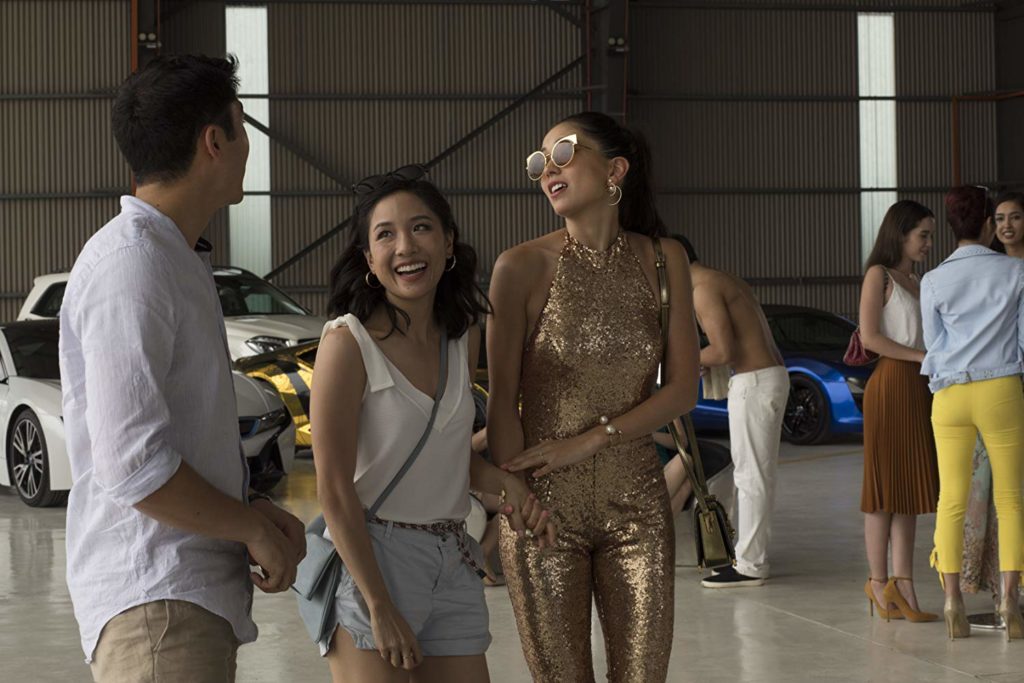
Script
JC: That was Kevin Kwan, the writer of the actual book. But what we did was…we developed outside the studio system. I came on with Nina and Brad Jacobson, the producer that John Penotti…Kevin was on and they had a script already. And when I came on I thought the script could be more specific to the culture, so I brought in. Adele Lim, an Asian female writer who’s great and I’d worked with before, she came and brought in the specificity. And then we decided to take it out to the studios. We didn’t have any interference from studios or people telling us how it usually is or giving us any charts, we just did what was best for the story. And then we went out to the studios and luckily there was a wave on online chatter about more diversity, more perspectives in Hollywood studio movies and so we gave them a solution to something there was outcry about.
Sense of Freedom
JC: Warner was a great partner to allow us to do that. They didn’t interfere or anything. We could debate things out. I was more in a debate with our own cast and our own writers about how we wanted to present Asian people, Asian females, Asian males.
Asian Males–Lifting them Up
JC: There was a point in the book where Rachel Chu’s character talks about why she doesn’t date Asian men. And it’s a really funny rant. And we put it in the script; it’s a pretty popular part in the book. And then as we’re about to shoot it, a couple days before, Constance came to me and said hey, this doesn’t feel right, this feels like from the past. We’re trying to lift up Asian men and here we are cutting them down. We looked at it and she was right, there was something odd about it and we just took it out. That’s why it’s important to have representation behind the camera and in front because then I wasn’t just rushing it through, like ok, yeah, yeah whatever, we’ll cut it out later and then it stays. This was a real debate, then we brought in the producers and the writers and the studio and everyone could debate it out. Who knows if we got it right or we got it wrong but the debate itself is important, there’s a conversation that had to be had.










